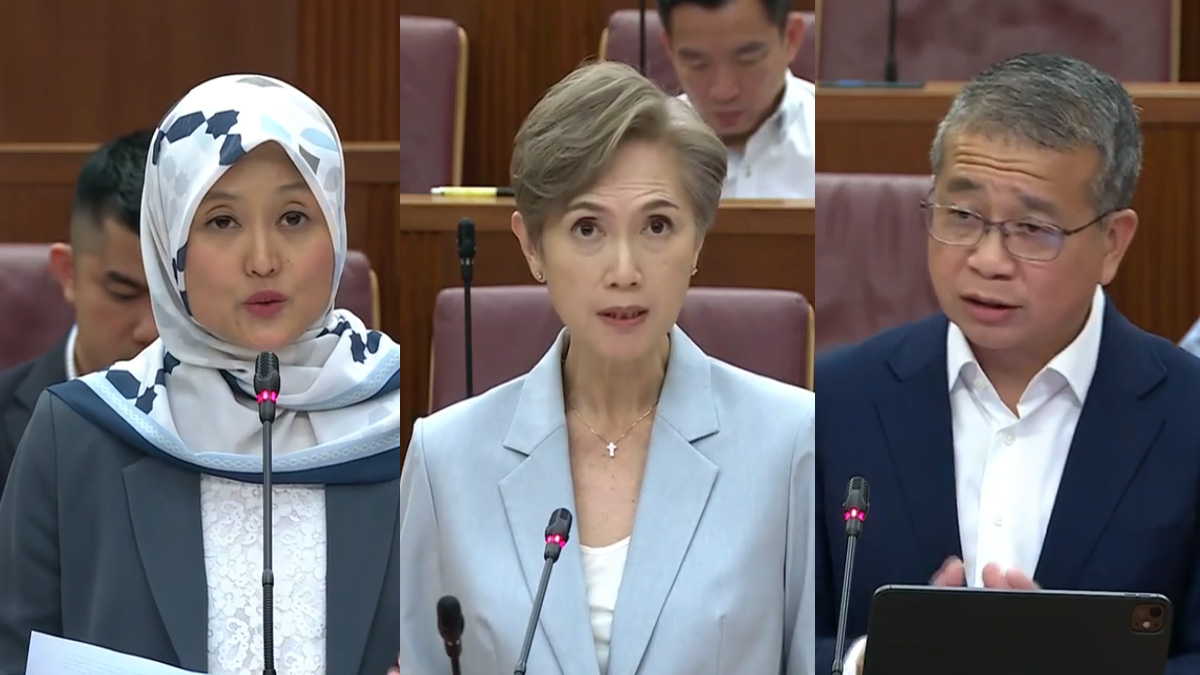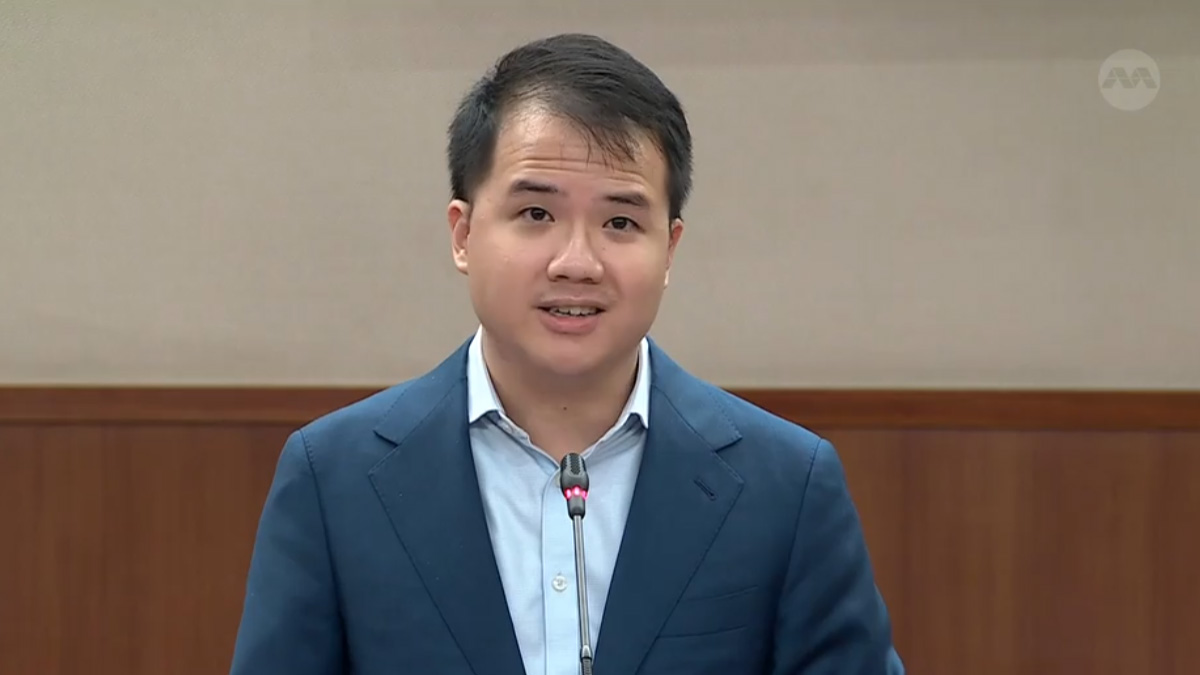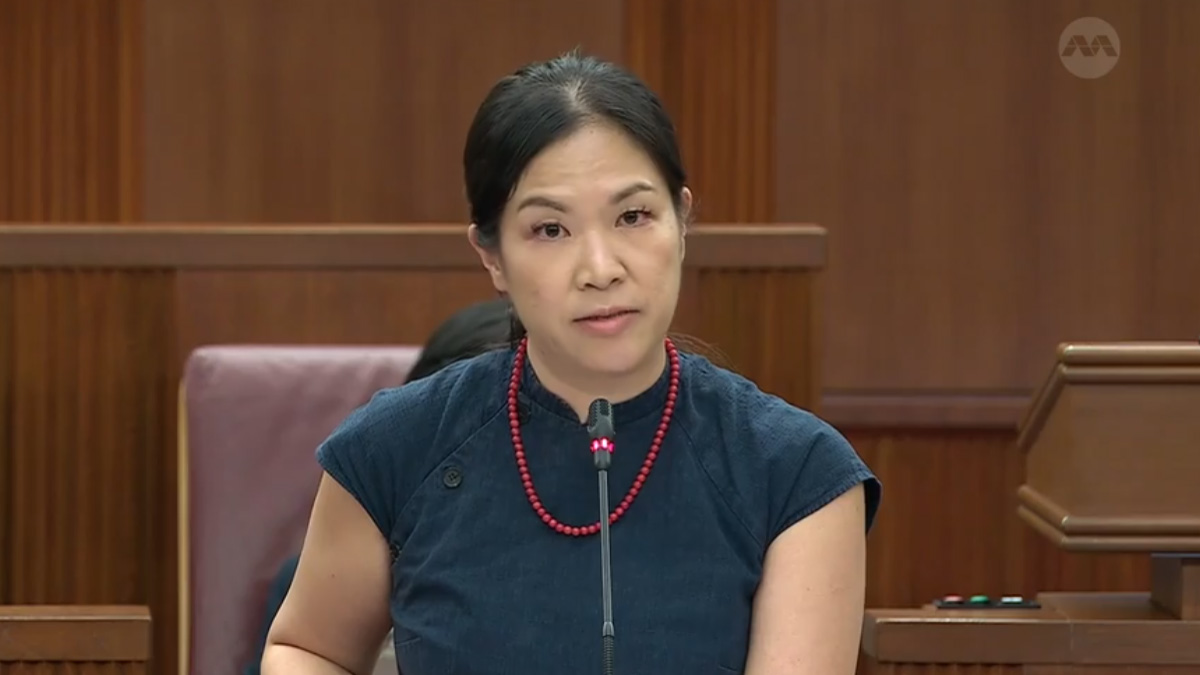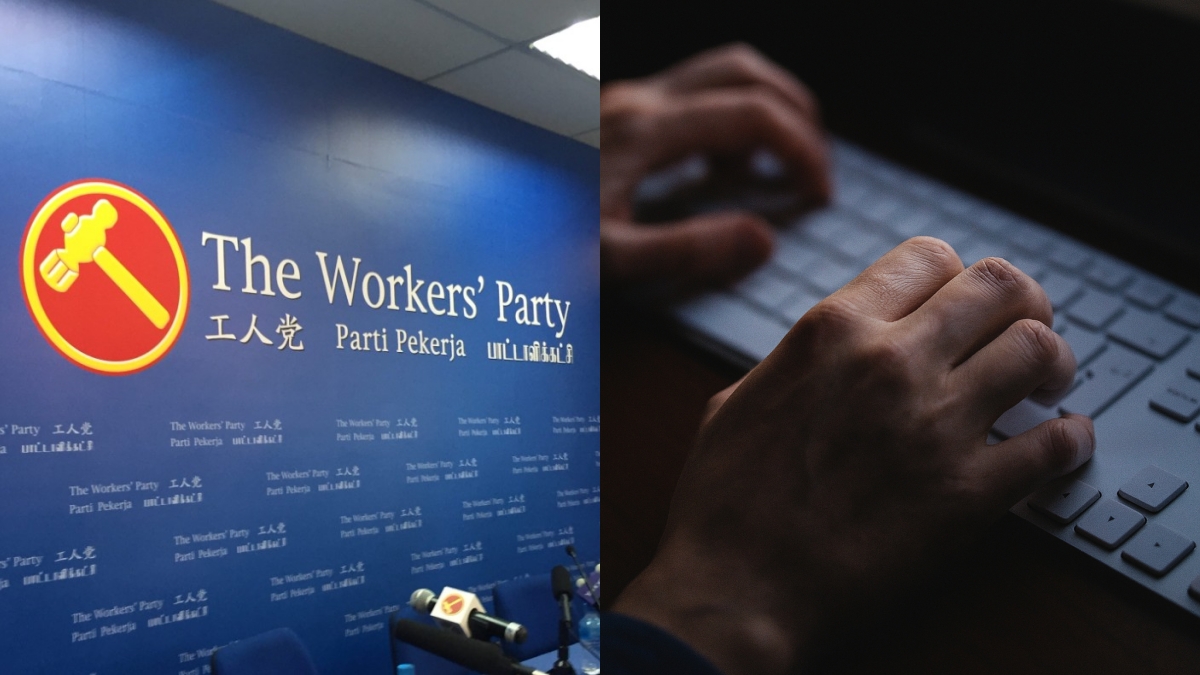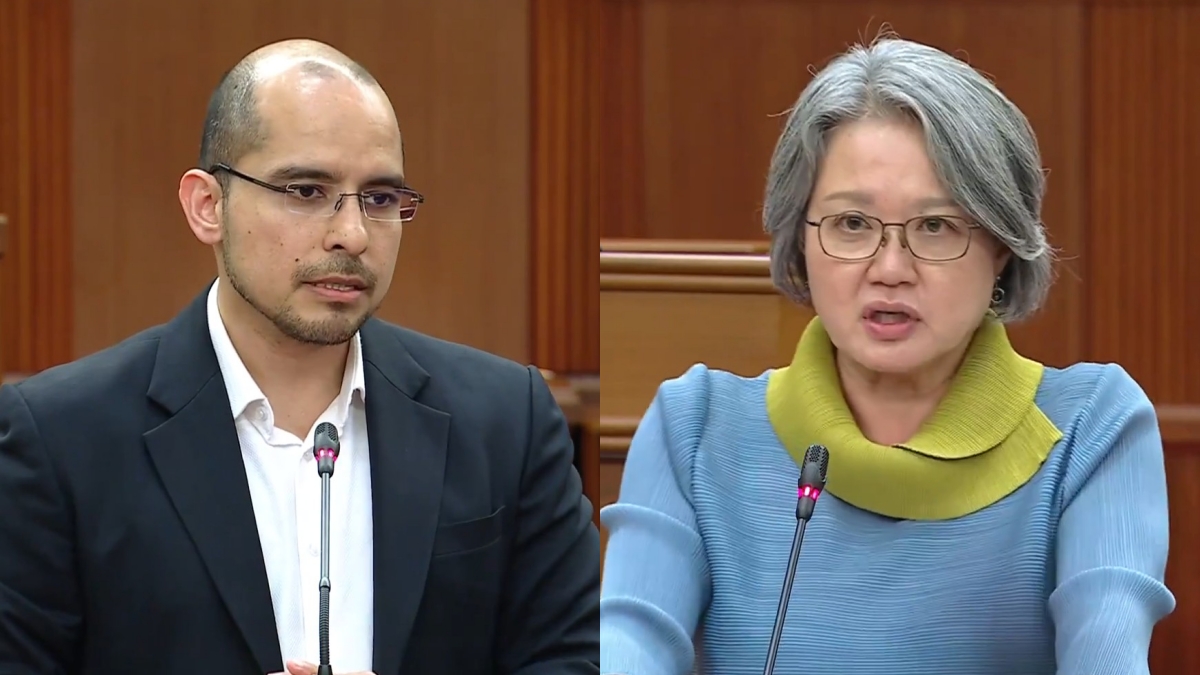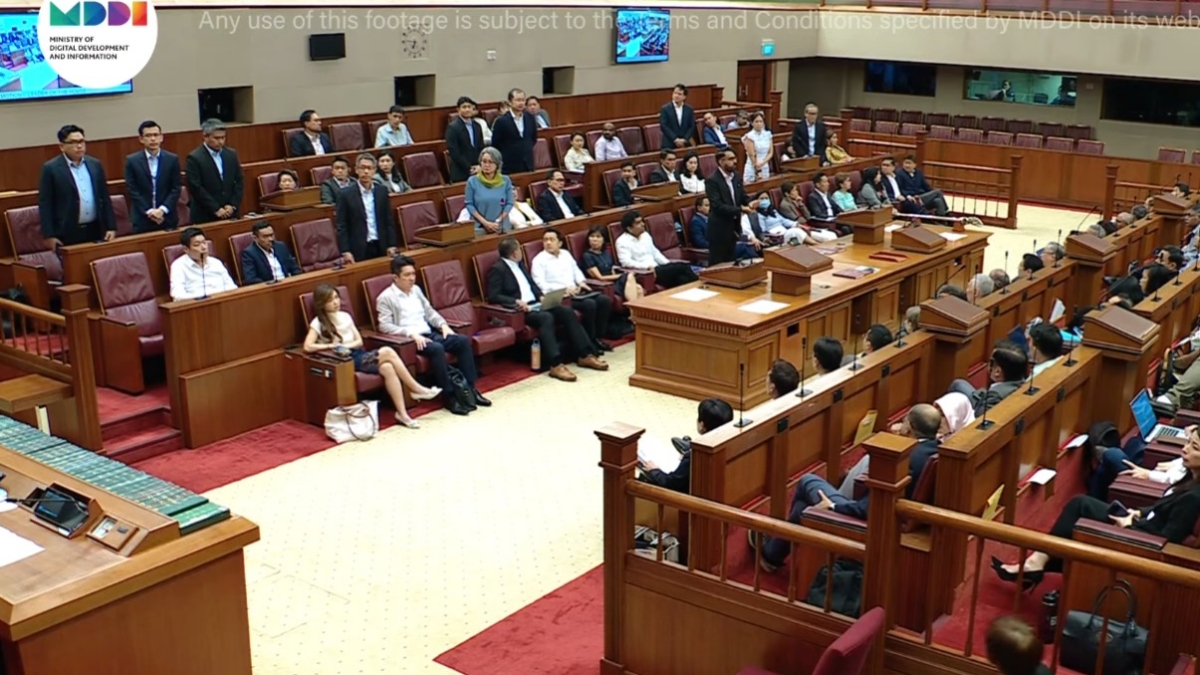Eileen Chong calls for transparency, independence, and education in online safety regime
Workers’ Party NCMP Eileen Chong supported the Online Safety Bill's aims but said successful implementation depends on a capable and independent Commission. She also warned that identity disclosure must be carefully regulated, and education must be central to Singapore’s online safety strategy.

- WP NCMP Eileen Chong supported the OSRA Bill’s intent but called for stronger safeguards and transparency in its implementation.
- She emphasised the need for an independent, well-resourced Online Safety Commission and clear accountability for identity disclosure powers.
- Chong stressed that prevention through education and research must complement enforcement efforts.
Parliament began debating the Online Safety (Relief and Accountability) Bill (OSRA) on 5 November 2025, at its Second Reading, following its introduction by the Ministry of Digital Development and Information (MDDI) and the Ministry of Law (MinLaw).
The Bill sets out a legislative framework intended to strengthen protections against online harms and improve access to redress mechanisms for individuals affected by such harms. It supplements existing regulatory and criminal laws by introducing new statutory provisions targeted at harmful online conduct.
Among its key features, the Bill proposes the establishment of a dedicated Online Safety Commission (OSC) to receive and act on victim reports, a set of statutory torts to provide civil remedies, and expanded powers for authorities to request user identity information from digital platforms under defined circumstances. Certain platforms may also be required to take further steps to identify users responsible for online harms.
According to the Government, the Bill is a response to increasing public concern over a range of online harms, including doxxing, cyberbullying, online harassment, the non-consensual distribution of intimate images, and content inciting racial or religious hostility. Surveys cited by MDDI and civil society organisations indicate that many individuals in Singapore report exposure to such content or behaviour, with some experiencing lasting psychological and social impact.
The introduction of statutory torts and broader disclosure obligations has prompted discussion about their potential impact on digital privacy, freedom of expression, and the responsibilities of platform providers. The Government has stated that safeguards will be included to prevent misuse of disclosed information, and that decisions made by the OSC may be subject to appeal.
Eileen Chong: A capable and independent Commission is essential
Speaking in Parliament, Workers’ Party Non-Constituency MP Eileen Chong expressed support for the objectives of the OSRA Bill. However, she stressed that successful implementation would depend heavily on the design and functioning of the Online Safety Commission.
“The Commission will be on the frontlines,” she said. “It will require an exacting mix of legal expertise, technical knowledge, and sound judgement.” Chong emphasised that the Commission should be resourced like a quasi-judicial body—not merely a reporting centre.
She asked the Government to clarify the Commission’s planned staffing, expertise, and budget, and whether it would include trauma-informed personnel, technologists, and individuals with lived experience of online harms. She also questioned how the Commission would maintain independence, given that the Commissioner is appointed by and may receive direction from the Minister.
Chong raised concerns about the potential for conflict of interest, especially in cases where reports involve criticism of political office holders. “Good governance is not solely built on trust in individuals, but also on systems that work,” she said.
Annual reports and transparent decision-making
Chong also advocated for institutional transparency. She supported her party’s amendment requiring the OSC to submit annual reports to Parliament, which would include data on the volume and types of reports received, enforcement actions taken, turnaround times, and assessments of emerging trends.
“This is neither radical nor unprecedented,” she noted, pointing to similar practices by Australia’s eSafety Commission, the UK’s OFCOM, and the European Union’s Digital Services Coordinators. She argued that transparency would enhance public trust and support evidence-based policymaking.
She also highlighted the importance of consistency in decision-making, echoing concerns raised by fellow WP NCMP Andre Low. She asked whether the OSC would be bound by precedent and whether its decisions would be published in redacted or anonymous form to ensure predictability and fairness.
Identity disclosure must be carefully governed
A significant portion of Chong’s speech addressed the Bill’s provisions allowing for the disclosure of identity information of anonymous online users. She acknowledged the potential benefits—deterrence and empowerment for victims—but cautioned that disclosure is irreversible and could be misused.
She pointed out that under the Bill, identity information could be disclosed based on “reasonable suspicion,” not a formal finding of harm. This raises the risk that individuals could be unmasked on the basis of unproven allegations.
“Penalties for misuse are reactive,” she warned. “They punish harm after it occurs. They do not prevent someone from using identity information for vigilantism.”
Chong asked for ministerial clarification on what safeguards would be in place—how prescribed purposes would be verified, what conditions would apply to recipients of identity data, and whether action would be taken if the information was misused.
She also stressed that anonymity has legitimate value, protecting marginalised groups and enabling open discussion on sensitive issues. The aim, she said, should be balance—empowering victims while protecting responsible users.
Prevention through digital literacy and civic responsibility
Chong concluded by emphasising that enforcement must be paired with prevention. “No enforcement mechanism, however well-designed, can eliminate online harms,” she said. Instead, the long-term goal should be to empower Singaporeans with digital literacy and resilience.
She encouraged normalising the reporting of online harm, educating bystanders, and promoting positive online behaviour. She also proposed that the Commission support public education efforts and commission research into digital risks and behaviour.
“Enforcement is just one pillar,” she said. “The true measure of success will be whether Singaporeans feel better equipped to recognise and respond to online risks—and whether we can build a healthier digital society.”


